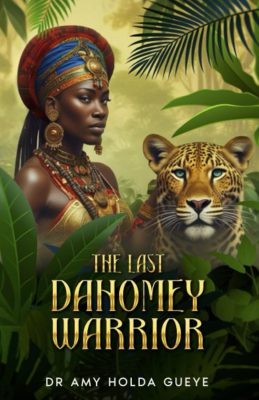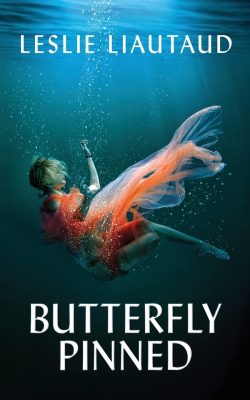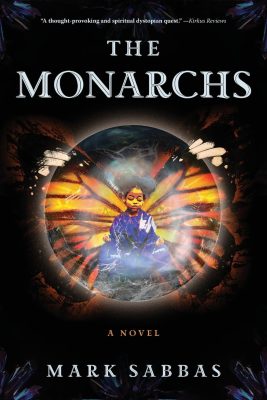|
Listen to or download this article:
|
 Julie Morrison saddles up to take us for a ride through the harsh dry mountains of northern Arizona and beyond in her memoir, Barbed.
Julie Morrison saddles up to take us for a ride through the harsh dry mountains of northern Arizona and beyond in her memoir, Barbed.
Readers visit the ranch where Julie’s parents try to keep the family legacy alive. Julie reveals a cowboy’s world where she meets walls instead of doors but never gives up.
Barbed opens with Morrison living in the rainy Seattle area with her husband. But the lure of a cowboy’s life on the range – working cattle and riding horseback – beckons them both. Julie needs salvation like this for her marriage, now distant and cold.
Reality turns their idealistic, romantic fantasies into a daily grind of working the land. Julie and her husband fight the losing battles of finding enough water and grassland for the cattle and keeping recreationalists from cutting their fence lines. And worse yet, who would have thought mud would be a problem in arid Arizona? Readers learn about the workings of a cattle ranch as Morrison tries one fix after another to save the property.
Morrison realizes that the operation hemorrhages money.
To move the budget from red to black, she must make some significant changes. But the cowboys she works with as a manager meet these changes with resistance at every step. The cowboys ride the horses until their joints are out of alignment and their feet are bruised and lame. Julie’s attempt at proper horse husbandry becomes another leak in the ranch’s finances, and she struggles between the money problems of the ranch and what she can do for these poor animals. Morrison soon reaches the breaking point.
Morrison’s exploration of self bolsters her in this harsh world. She sees the success of other ranch women and a select few men, people who support her efforts and encourage her even when she wants to drop from exhaustion and self-recrimination.
This memoir does not pussy-foot around complex issues that women experience in business or marriage.
Morrison never lets conflict stop her, though she acknowledges that depression can hold her back. Her bravery will inspire readers who might not have to stand toe-to-toe with hardened cowboys or encounter rattlesnakes during an average workday. As she works through the problems of the ranch, she also works through her own self-discovery.
She sees her father, a man she loves, as so pressured to continue the family legacy without incurring more expenses that he perpetuates problems rather than helping her solve them. Until her arrival, his deference to “the cowboy way” had gone unchallenged – as something acceptable. In addition, the similarity between the cowboys who work her family’s ranch and her husband shines too bright to ignore. Morrison pulls the cover off the lies we tell ourselves as women to remain in the security of failed relationships and not seek the path of healing and strength.
This memoir opens the book on a fascinating, nontraditional life filled with adventure and mishap.
Morrison, alone, supports her ideas and dreams of a better world for the horses she cares for – and for herself. However, the harsh life she lives and the disappointments she suffers do not break her. They move her forward toward the healing she needs.
Barbed abounds with sagacity and affirmations that ring true for readers who may never set foot on a ranch or ride a horse. This tough, savvy woman shows us how to persevere and survive in the harsh climate of a failing business and a failing marriage. She teaches us how to let go of what doesn’t work and find what does, and how to keep trying – even when all doors seem to be firmly shut. Morrison keeps on knocking.
Julie Morrison’s aptly titled memoir, Barbed, connects her myriad of encounters into one cohesive tapestry. She faces the difficulty of not backing down or taking the easy path of giving up and embraces what happens when she reaches the other side. Does she find Nirvana? Morrison finds a life worth living, and she moves forward to contentment. She saddles a new horse and rides a new path, and in the end, she finds herself.











Leave A Comment